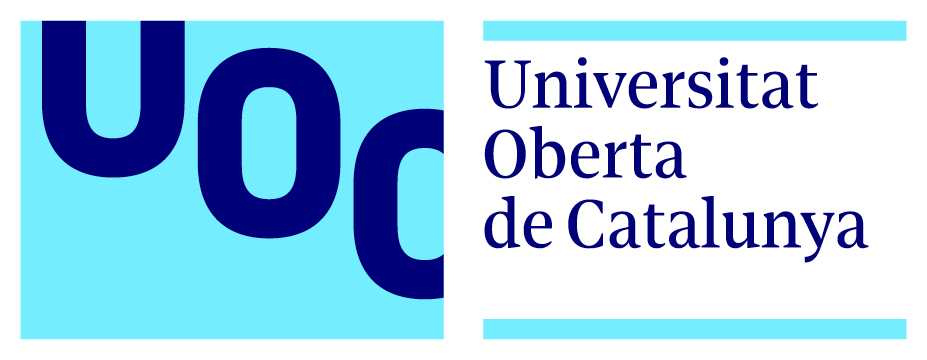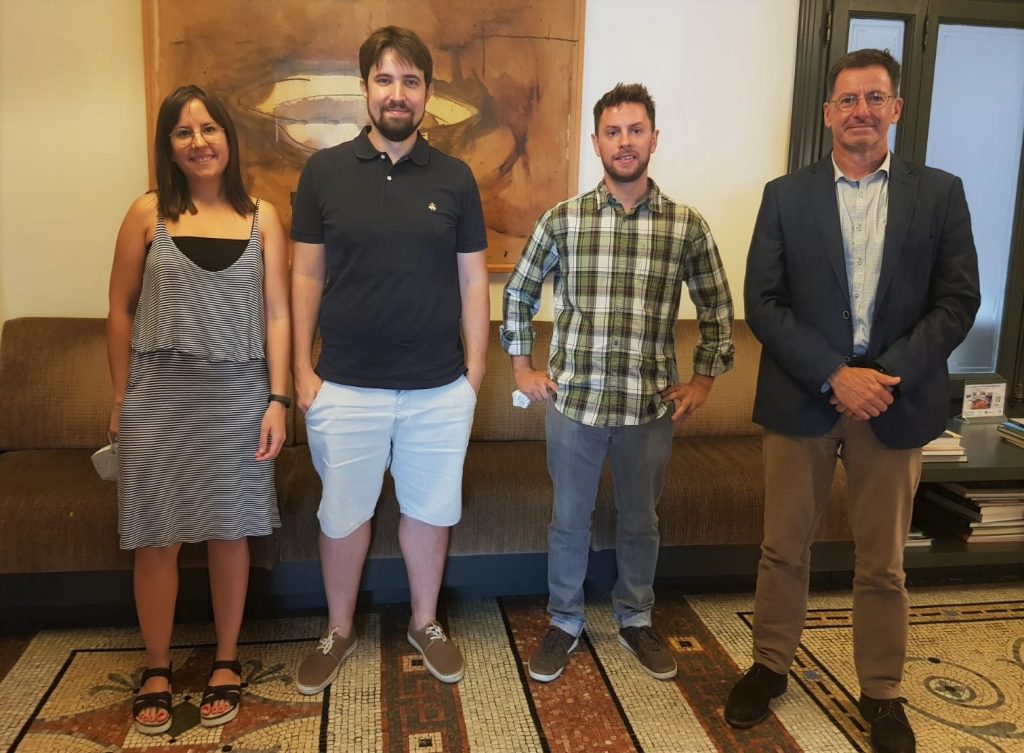We feel very excited to write this new update; we have been working very hard in order to build a sustainable, open, and long-lasting company in a truly difficult global scenario caused by the pandemic. Today we can say with satisfaction that we have taken a giant step in that direction.
We have recently closed our first investment with the Open University of Catalonia, which from now on will be a partner of Chordata Motion. It is an investment that we have been pursuing for a long time and that stalled for a few months, due in part to the context of great global uncertainty in which we found ourselves. We could have gone with a regular Venture Capital, but for us, it was very important to find a partner that was aligned with the Open Source values that the community back up: openness, transparency, community, and collaboration.

The Open University of Catalonia [UOC, for its Catalan acronym] is an Internet-centered open university based in Barcelona, Spain. They have been working to establish closer cooperation links with businesses, other universities, R&D bodies, and community stakeholders in order to make sure that the institution achieves its goal of transferring knowledge and technology to multiple communities.

UOC promotes entrepreneurship, open innovation, support for knowledge transfer of results, and cooperation among the entire university community (students, alumni, teaching staff, collaborators and management staff of the associated companies). It also has amazing professors and researchers with whom we are starting to make alliances to take the development of our hardware and software further.
New [and exciting!] Horizons
We have no time to lose, so as soon as we received the confirmation from the UOC as a new partner, we got down to work in order to finance new developments. Thanks to this new partnership, we are able to activate several developments which will set the bases for a new algorithmic layer of the framework:
- A new integration with ROS (the Robot Operating System) as part of the algorithm implementation pipeline. It includes an armature URDF exporter for Blender and a couple of ROS nodes to process the capture stream. We really like ROS because of its great modular architecture and it also gives us many already implemented procedures which help with the development. We will publish these new developments in order to allow you to take advantage of the ROS integration as well.
- A new pose-calibration procedure. We are re-writing it from scratch and porting it from the Blender add-on to be able to work directly inside the Raspberry. Apart from solving the issues from the previous one this will drastically improve the portability of the system, allowing the implementation of new clients such as the remote console, Unity, and Unreal plugins.
- After the new pose calibration implementation is complete, we will start the implementation of a currently absent feature of the system: the pedestrian inertial translation estimation. This will allow the avatar to move in space instead of being locked at the center of the virtual world.
Of course, all these new developments will be published alongside the core of the system, so we are very proud that Chordata Motion is giving the global community the first complete and usable mocap-oriented algorithmic modules as a freely available resource.


